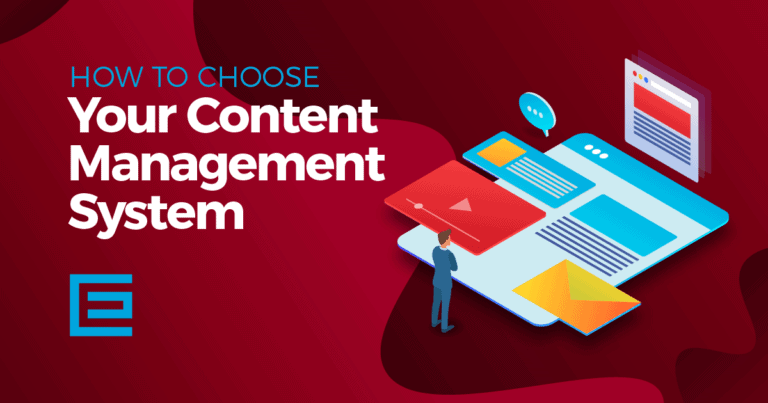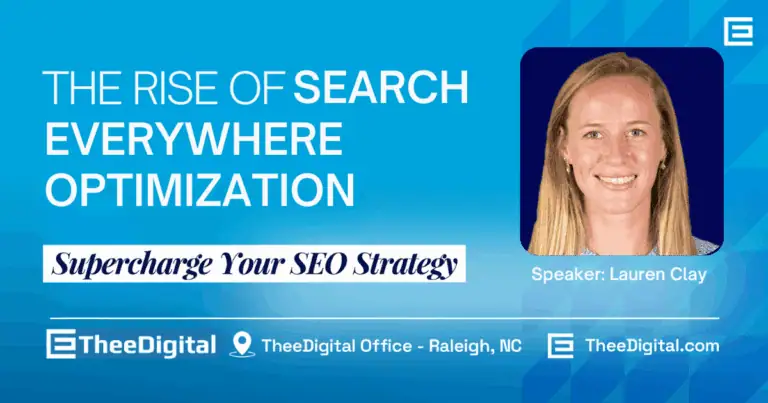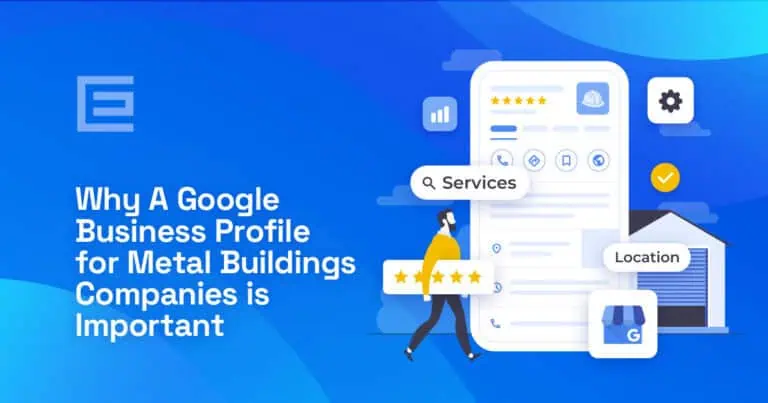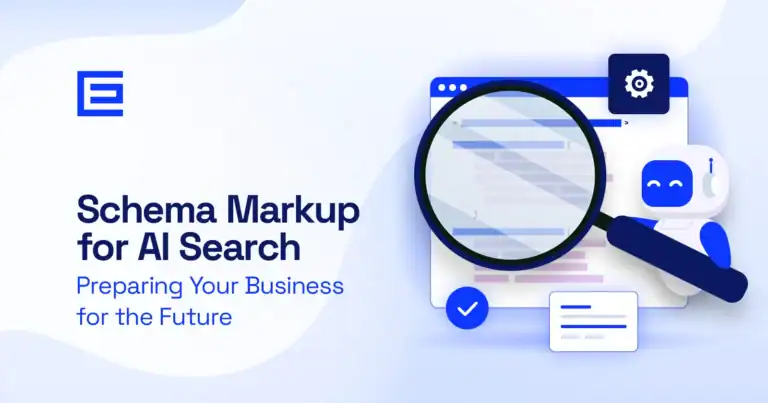On 21 October 2025, OpenAI announced ChatGPT Atlas—a Chromium‑based web browser that embeds the company’s ChatGPT assistant directly into every window Atlas runs on macOS today and will come to Windows, iOS and Android in future releases. OpenAI positions Atlas as a rethink of the web browser; instead of starting with a blank address bar, the experience begins with a conversational AI that can answer questions and take actions across webpages. Atlas also marks a notable shift in OpenAI’s search strategy because its search tabs link directly to Google Search, even though Microsoft (via Bing) is a major investor.
This blog outlines what Atlas is, its key features, why existing ChatGPT users might find it compelling, and reasons to be cautious.
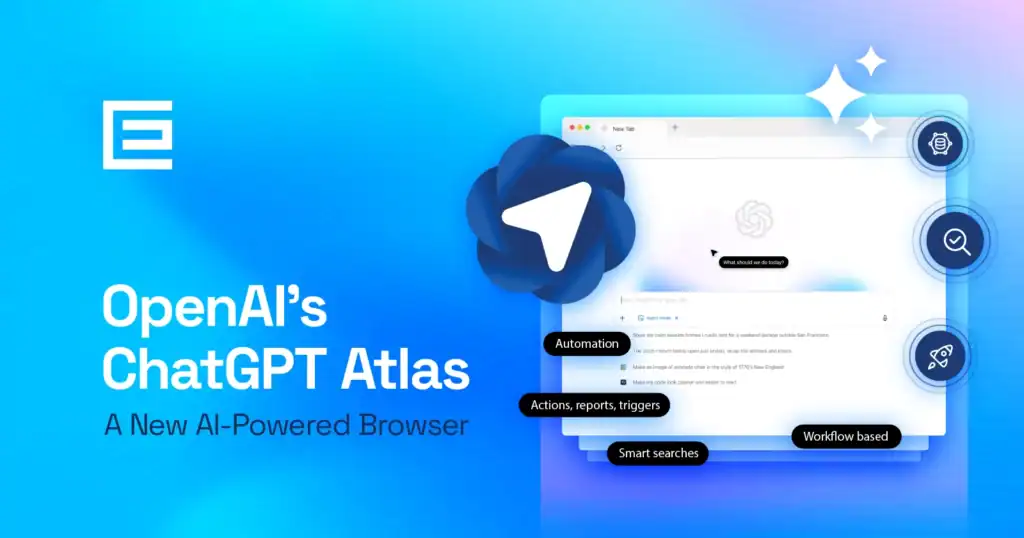
What Is ChatGPT Atlas?
Atlas is a browser built on the Chromium engine. OpenAI describes it as a place where the ChatGPT model is omnipresent: a sidebar that appears on any webpage can summarize, rewrite or analyze the page’s content. The browser also introduces an Agent Mode, available to paid subscribers, that can complete multi‑step tasks—such as researching and purchasing items—by clicking through sites on the user’s behalf.
Search in Atlas is presented differently: when you type a query, ChatGPT delivers an AI‑generated response first, but you can switch to vertical tabs (Web, Images, Videos, News) that display traditional search results pulled from Google. This integration means the browser effectively uses Google’s index to answer questions, rather than solely relying on Bing as ChatGPT did previously.
OpenAI emphasises that Atlas includes privacy controls. Users are opted out by default from contributing browsing data to model training, and they can delete browsing history at any time However, an optional “Browser memories” feature allows ChatGPT to remember facts and insights from a user’s browsing and draw on that information later.
Key Features of Atlas
| Feature | Description |
| Built‑in ChatGPT sidebar | A split‑view sidebar can summarize content, compare products, or rewrite text directly in any tab. |
| Google‑powered search tabs | The search interface returns an AI answer and offers vertical tabs (Web, Images, Videos, News) that link to Google search results. |
| Agent Mode (preview) | For Plus/Pro subscribers, ChatGPT can perform tasks end‑to‑end (e.g., research and shopping) by interacting with web pages on your behalf |
| Optional browser memories | When enabled, ChatGPT remembers past browsing sessions and can resurface pages or facts later; by default this memory is off. |
| Context‑aware assistance | ChatGPT can understand the current page and your open tabs to offer more personalized help. |
Reasons an Avid ChatGPT User Might Try Atlas
- Unified AI Experience: If you already use ChatGPT heavily, Atlas eliminates the need to copy‑and‑paste content between your browser and the ChatGPT website. The sidebar provides summaries, comparisons and rewrites within the context of the page.
- Google‑backed Search: For many users, Google remains the gold standard for web search. Atlas leverages Google’s index and displays traditional search results alongside AI‑generated answers. This could provide more reliable information than ChatGPT’s previous reliance on Bing.
- Agent‑Assisted Tasks: Paid users may appreciate Agent Mode, which can automate tasks such as comparing products, booking travel or generating grocery lists. Reuters reported that in a demo, the agent added recipe ingredients to an Instacart cart automatically.
- Context‑Aware Assistance: Atlas can use the context of your active tab and even your login state (if permitted) to offer more relevant responses or fill out forms.
Reasons to Be Cautious
- Privacy and Training Data: Although OpenAI says users are opted out of data sharing by default, free ChatGPT interactions historically have been used to train models. MakeUseOf notes that many skeptics see Atlas as yet another means of harvesting data. If you enable Browser memories or rely on the agent, you are potentially allowing the system to collect more behavioural data.
- Security Risks: AI‑powered agents can misinterpret instructions or be vulnerable to prompt‑injection attacks, raising potential security concerns. The Verge and other outlets have pointed out that AI search sometimes produces hallucinations or inaccurate summaries. Users should verify any critical information with primary sources.
- Limited Platform Support (for now): Atlas is currently only available on macOS; Windows and mobile versions are promised but not yet released. Organisations relying on other platforms will need to wait.
- Early‑Stage Software: As with any new product, expect bugs and performance hiccups. MakeUseOf’s article expressed skepticism about Atlas’s ability to stand out amid numerous AI‑enhanced browsers and warned that the feature set might not be flexible enough for everyday users.
Atlas Moving Forward
OpenAI’s atlas chat gpt browser is a bold attempt to blur the line between web browsing and conversational AI. It places ChatGPT at the center of your online experience while still surfacing search results from Google. For heavy ChatGPT users who want AI assistance built into every tab, there are clear productivity benefits: summarization, rewriting, and automated research. However, the product is new, available only for macOS, and invites unresolved questions about privacy, data use and the reliability of AI‑generated content.
OpenAI’s Atlas
We encourage readers to evaluate the browser against their own workflows and privacy preferences. If you decide to explore Atlas, be mindful of the potential for your chats and searches—particularly those from free accounts—to be used for future model training. As AI‑powered tools evolve, staying informed about their capabilities and limitations is essential for making sound technology choices.
Tags: AI • Search Engine Optimization

